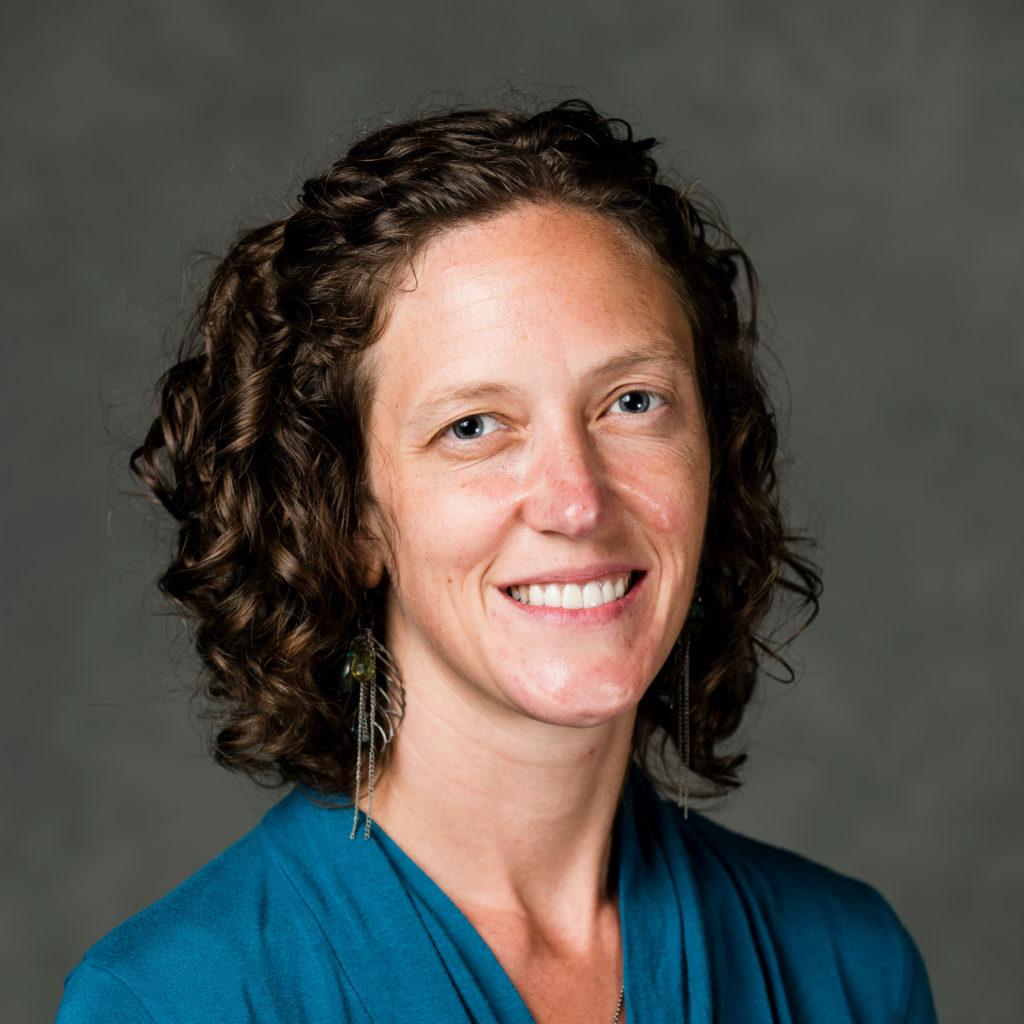
This post is part of the series 5 Questions with COVID Researchers. Hear from researchers across the Northeast United States about how they are working to mitigate the widespread impacts of COVID-19, and learn about opportunities for cross-disciplinary and cross-sector collaboration that could enable further progress in the fight against the pandemic. To learn more about COVID-related research, keep updated with virtual events and funding opportunities, and access other resources including datasets and guides, visit the COVID Information Commons. If you would like to be featured in this series, please email Katie Naum and Helen Yang.
Guest post by Dr. Amy Pickering, Assistant Professor at Tufts University School of Engineering, and Principal Investigator on NSF Award #2028623, “The role of fomites in community transmission of SARS-CoV-2.”
What is the problem you are trying to solve, and how will you and your team address it?
The role of contaminated surfaces (fomites) in community transmission of SARS-CoV-2 has been debated. Our team is sampling high-touch public surfaces during the ongoing pandemic to improve understanding of the risk of SARS-CoV-2 infection when the public accesses essential businesses such as grocery stores, pharmacies, and gas stations.
What data are you working with? How will it be used?
While most studies are focused on SARS-CoV-2 environmental contamination in clinical settings, this project will generate valuable data on surface viral concentrations in the community setting. We are conducting longitudinal sampling and quantifying SARS-CoV-2 RNA on crosswalk buttons, door and cart handles in grocery stores and metro stops, trash can handles, gas pump handles, and ATM interfaces. We will determine whether the presence or concentration of SARS-CoV-2 on fomites over time is associated with public health control measures and changes in cases at the community level. We will also pair this empirical data with transmission efficiency parameters to estimate risk of infection from fomites.
Is your team seeking collaborators, subject matter experts, or other resources that you’d like to put a call out for?
We would be happy to connect with other research teams studying fomite transmission of SARS-CoV-2.
How does this work contribute to the fight against the pandemic?
With limited resources available, identifying which surfaces should be prioritized for disinfection regimes during the SARS-CoV-2 outbreak would be timely information. Environmental surface surveillance combined with quantitative microbial risk assessment modeling has the potential to provide clearer insight on the risk of infection with SARS-CoV-2 when the public must access essential businesses, such as grocery stores, pharmacies, and gas stations. Our findings will inform how best to control and monitor COVID-19 and future outbreaks of other enveloped viruses.
Where can people learn more about your progress?
We plan to publish our method on protocols.io and disseminate preliminary results in early fall.

Amy Pickering is the Tiampo Family Assistant Professor of Environmental Health in the Department of Civil and Environmental Engineering at Tufts University.
